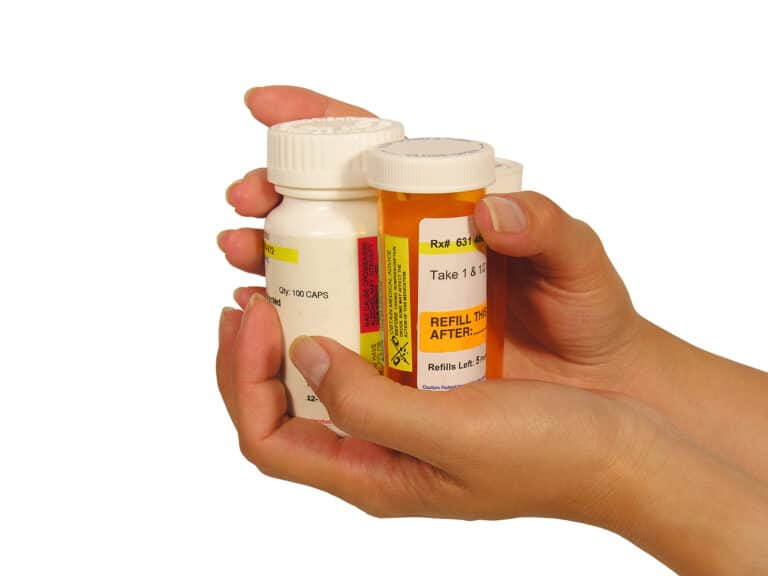Hospitalizations may increase in frequency as seniors age, making their overall health even more important. The road to rehabilitation goes beyond the hospital’s doors, even if they offer vital medical care. A key component of making sure seniors regain their strength and independence is post-hospital care. We’ll look at many approaches to helping seniors recuperate in this blog, with an emphasis on logistical, emotional, and physical factors.
Establish a Helpful Environment at Home
It’s essential to make the required changes to seniors’ homes in order for them to be safe and accessible places to live. This includes clearing up any clutter prior to their return home to avoid falls. This is especially essential in bathrooms, where slipping hazards are increased. Additionally, hallways are often smaller and not as well-lit as other areas of their home, making the need for them to be clear essential.
Medication Management is Key
To assist seniors in remembering their prescriptions, it’s essential to have a post-hospital care plan. With home care and loved one’s assistance, seniors can set alarms, use effective pill organizers, and more. Also, if seniors struggle with taking their medications, the team can provide tips and tricks for this as well. Finally, it is crucial to ensure that medications remain filled and that any possible side effects are understood and monitored.
Promoting Physical Recovery
It takes a team to ensure a successful recovery. Working together with medical specialists, seniors, loved ones, and the home care team, a customized post-hospital care fitness program can be created that enhances strength and mobility.
In addition, seniors should be accompanied to rehabilitation sessions and should be motivated to complete the exercises at home. As they begin to recover, their physical activity can gradually increase under the watchful eye of the home care team.
Offer Emotional Assistance
To reduce loneliness, loved ones should maintain regular contact with seniors via phone calls, video chats, or visits. The home care team can also keep an eye out for symptoms of depression or anxiety and encourage seniors to get treatment from a professional if necessary.
Monitor Documentation
Communication should be encouraged amongst medical professionals to guarantee that the senior’s medical history and present state are well understood. At the same time, seniors may need help keeping their medical data up-to-date and remembering their appointments. If seniors are not able to represent themselves during an appointment, loved ones, and the home care team can help.
Seniors requiring post-hospital care must be supported with a comprehensive strategy that takes into account their logistical, emotional, and physical needs. Loved ones and home care can support seniors on their journey to recovery with dignity and resiliency by providing a safe and supportive environment, helping with medication management, encouraging physical rehabilitation, offering emotional support, coordinating care and communication, providing nutritional guidance, and looking into home care services.
By adopting this comprehensive strategy, the support team can help improve seniors’ quality of life as they transition out of the hospital.
If you or an aging loved one are considering Post-Hospital Care in North Las Vegas, NV, please contact the caring staff at Compassion Crest Home Care today at (702) 385-0920
Compassion Crest Home Care is a Trusted Home Care Agency serving Las Vegas, NV, and the surrounding areas.
- What Does Companion Care at Home Do for Senior Heart Health? - May 21, 2025
- How Alzheimer’s Care is Different from Home Care for Seniors - May 8, 2025
- Five Vision Care Tips for Seniors - April 18, 2025


